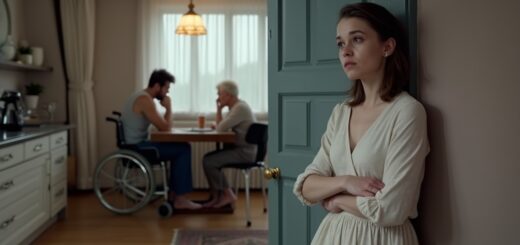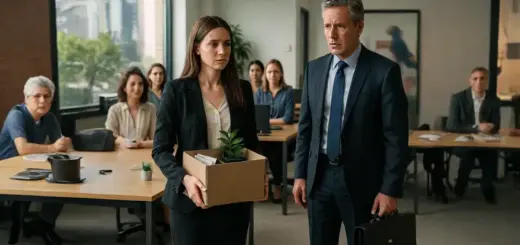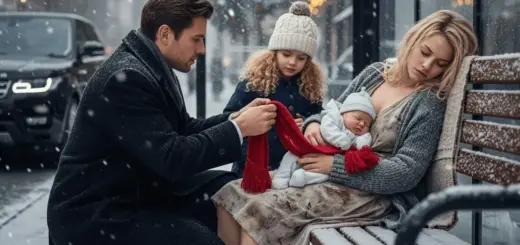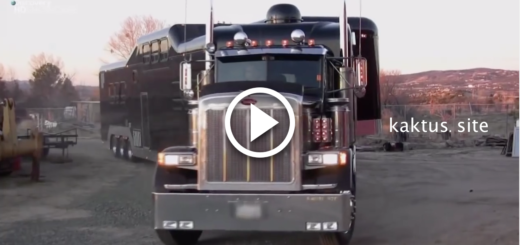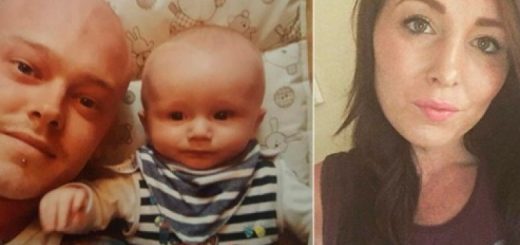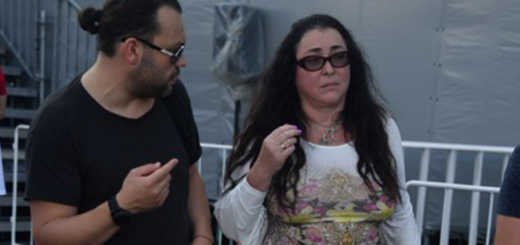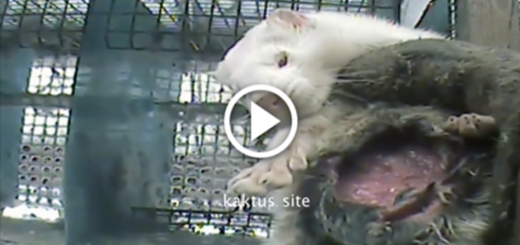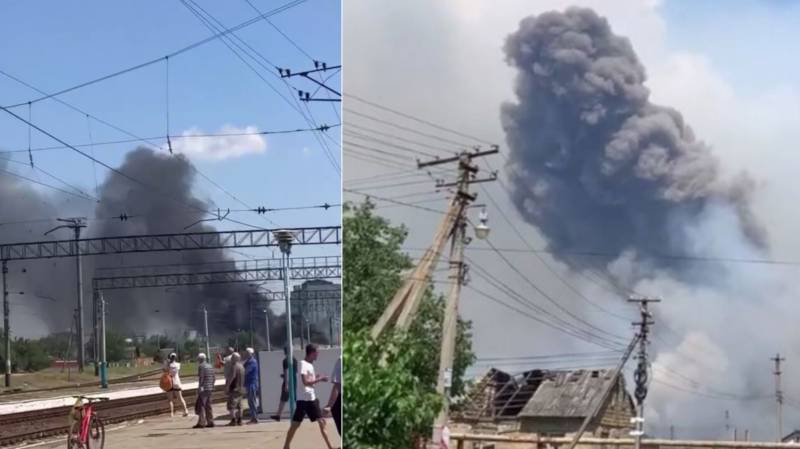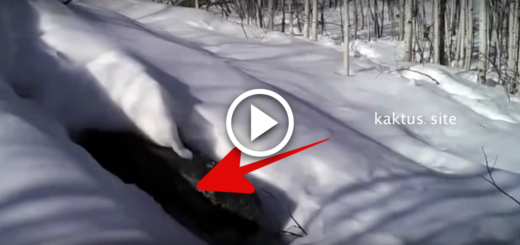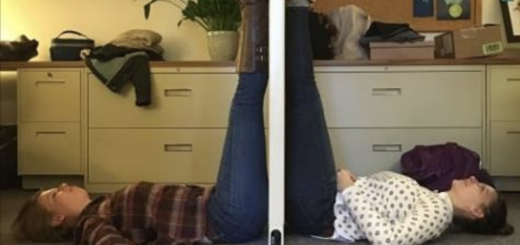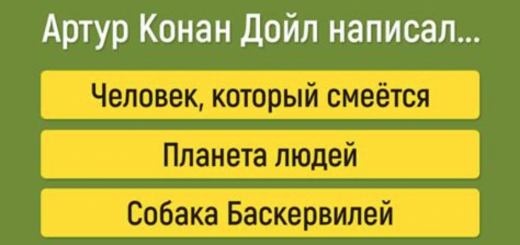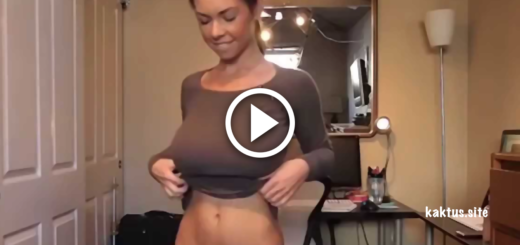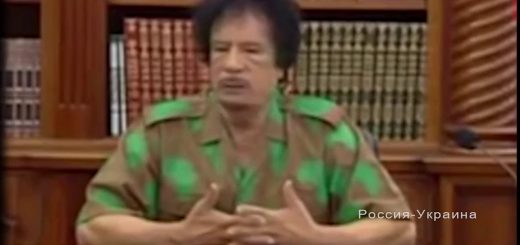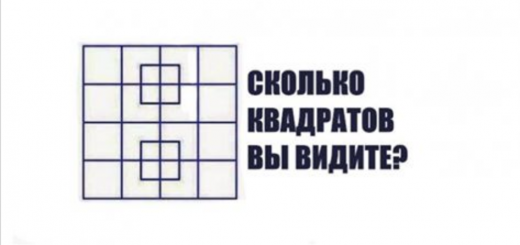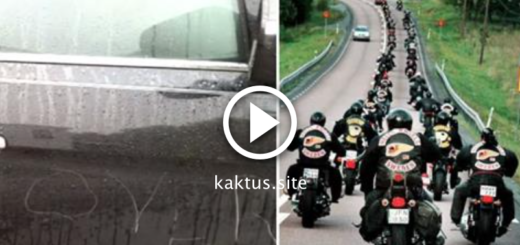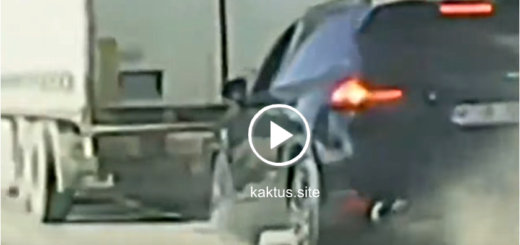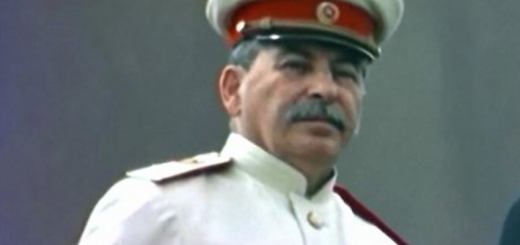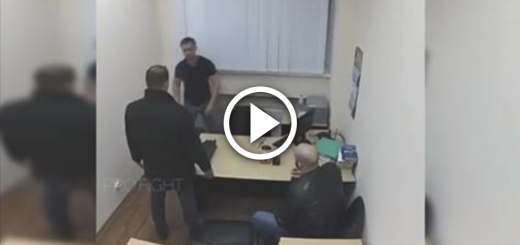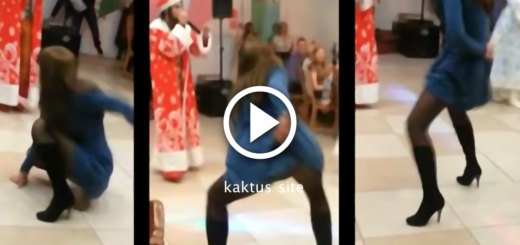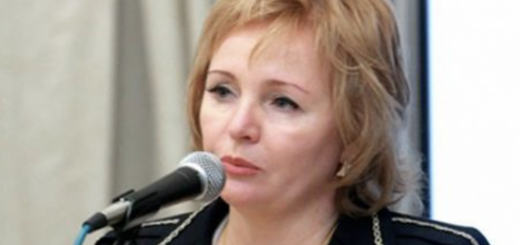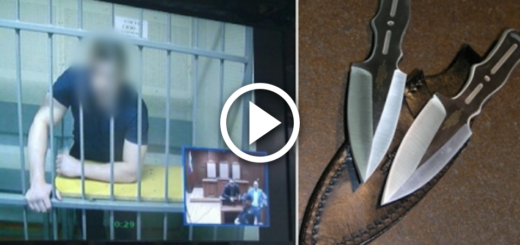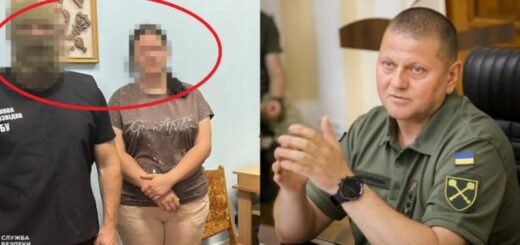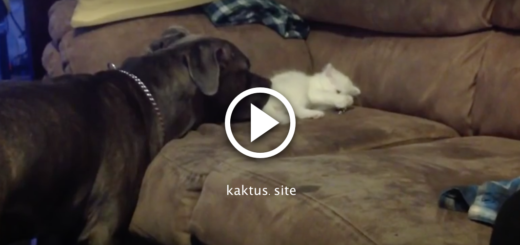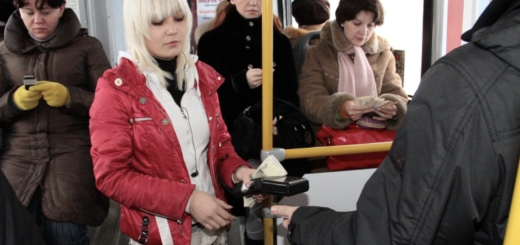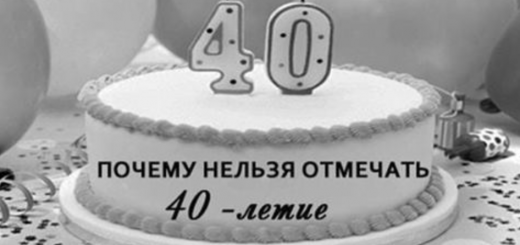A full week had passed since the wedding before Ethan’s name finally appeared on my phone. He said he wanted to have me over for dinner, just the two of us, explaining that Chloe would be out for the evening with some friends. His voice was meticulously cheerful, his cadence measured. It was clear he was making a conscious effort to sound casual. I agreed to come, asking no further questions.
That evening, I chose to wear the same worn cardigan I had on the day I brought a newborn Ethan home from the hospital. The soft wool still fit perfectly around my wrists. I baked a batch of his favorite oatmeal raisin cookies and wrapped the still-warm stack in aluminum foil. The drive to his town was quiet. The roads were clear, and the sky was a flat, oppressive gray—the kind that makes you feel that winter hasn’t quite relinquished its hold, regardless of what the calendar says.
Ethan’s new house was situated in a pristine subdivision on the outskirts of the city. It had a brick facade, impeccably trimmed hedges, and all the hallmarks of modern suburbia, like matching coach lights and a video doorbell. He greeted me at the door with a quick, polite smile and enveloped me in a brief hug that was more air than substance, his hands barely grazing my shoulders. He told me the kitchen was just down the hall.
But dinner wasn’t cooking. Instead, I found the dining table set for two with a bottle of red wine, already opened and breathing, and a small, neat stack of documents placed purposefully beside the salad plates. The papers were organized with colored tabs, and a blue ballpoint pen was laid diagonally across the cover page.
Ethan poured me a glass of wine, inquired about my drive, and complimented the aroma of the cookies. His words felt scripted, as if he were reciting lines he had memorized but had not authored himself. Then, with a casual gesture, he indicated the stack of papers.
— «It’s just something to provide a little peace of mind,» he began. «You know, in case anything were to ever happen to you. It would just make things… easier.»
He explained it was just a standard durable power of attorney, a completely common form.
— «Everyone is doing it these days,» he added.
He delivered these lines as if he were giving a weather forecast—impersonal, practical, and utterly devoid of emotion. I simply nodded and reached for the packet. The first page was dense with impenetrable legal terminology, but the underlying message was starkly clear. Financial authority. Real estate management. Full access. Immediate effect. No expiration. The document didn’t use words like son or family. It used words like agent, authorization, and control.
He smiled and told me there was no rush, but I noticed the pen was already uncapped. It was then that I became aware that the plates on the table were bare. There was no aroma of cooking food wafting from the kitchen. There was only wine. And paper. And a silent demand cloaked in a friendly tone.
I placed the packet back on the table.
— «I’ll take this home with me,» I said. «I’d like to look it over more carefully.»
He gave a single, sharp nod, his eyes flicking from the pen back to my face. He didn’t protest. He didn’t have to. His silence communicated everything. After that, our conversation was a string of meaningless pleasantries. The weather. A new fence his neighbor was installing. A television show I’d never heard of. When I finally stood up to leave, he walked me to the door and gave me another hug, this one even more fleeting than the first.
Back in my car, I didn’t start the engine immediately. I just sat there, my hands resting in my lap, the foil-wrapped cookies lying untouched on the passenger seat. After about a minute, the porch light behind me clicked off. A motion sensor. Efficient. Automatic. Just like the dinner.
I returned home that night and didn’t even bother to take off my shoes. I perched on the edge of the sofa, my coat still zipped up to my chin, my hands lying in my lap as if they belonged to a stranger. The house was utterly silent. Too silent. It felt as though even the old grandfather clock in the entryway had ceased its rhythmic ticking. For a brief, dizzying moment, I wasn’t entirely sure I was still breathing.
After some time had passed, I rose and made my way down the creaking steps to the basement. My knees protested the descent, and the air was thick with the cold, damp scent of aged wood and earth. In the farthest corner, behind the hulking forms of the washer and dryer, was a low cabinet tucked beneath a shelf cluttered with old paint cans. I had to get on my hands and knees to access it. Inside, there was a small, gray metal lockbox. I hadn’t laid eyes on it since the year Robert passed. He had always told me that if anything ever happened to him, everything I needed would be right there. I’d never had a reason to look before. But that night, an instinct deep within me knew that the time had come.
The lid groaned open. Everything inside was arranged with the methodical precision that had been so characteristic of Robert. He was an engineer by trade and a list-maker by soul. There were neatly stacked folders, each one clipped and labeled. And there, at the very bottom of the box, was an envelope with my name, Eleanor, written in his familiar, steady script. My chest constricted at the sight of it.
The letter was brief, hardly more than a paragraph. He wrote that he knew I would never be one to ask for help, even if I desperately needed it. He explained that he had taken certain measures to ensure I would never be trapped or financially dependent on anyone. Don’t tell Ethan, he had written. Not because he didn’t love our son, but because he understood the way of the world. Money has a way of changing people, he’d written, and sometimes, it simply reveals who they were all along.
The files detailed two investment accounts established solely in my name, a portfolio of diverse assets I never knew existed—stock options, mutual funds, and an annuity tied to a small commercial property in Austin, Texas. All told, the value exceeded seven million dollars. I stared at the final number on the balance sheet, then closed the folder, then opened it again, convinced my eyes had deceived me. I didn’t cry. Not in that moment. Nor did I feel a wave of relief. The feeling was something heavier, more substantial, like being entrusted with a secret too vast for the small, cold room.
I sat there on the concrete basement floor for what felt like an eternity, the chill seeping deep into my bones, the metal box lying open beside me. The most potent feeling was the sheer weight of what Robert had left behind. It wasn’t just about the money. It was the trust. The foresight. The quiet, invisible shield of protection I never realized I needed until that very night. He had perceived a threat long before I could, and in his own unassuming way, he had bequeathed me the one thing I needed most. It wasn’t safety, and it wasn’t wealth. It was choice.
I closed the box. I locked it. I rose to my feet slowly, my legs stiff, my hands trembling with an emotion that had nothing to do with age. Back upstairs, I switched off every light in the house except for the one above the kitchen table. I sat down with a blank legal pad and the stack of documents Ethan had given me, and I began to write. Not the words he was expecting, but the ones I finally needed to say.

